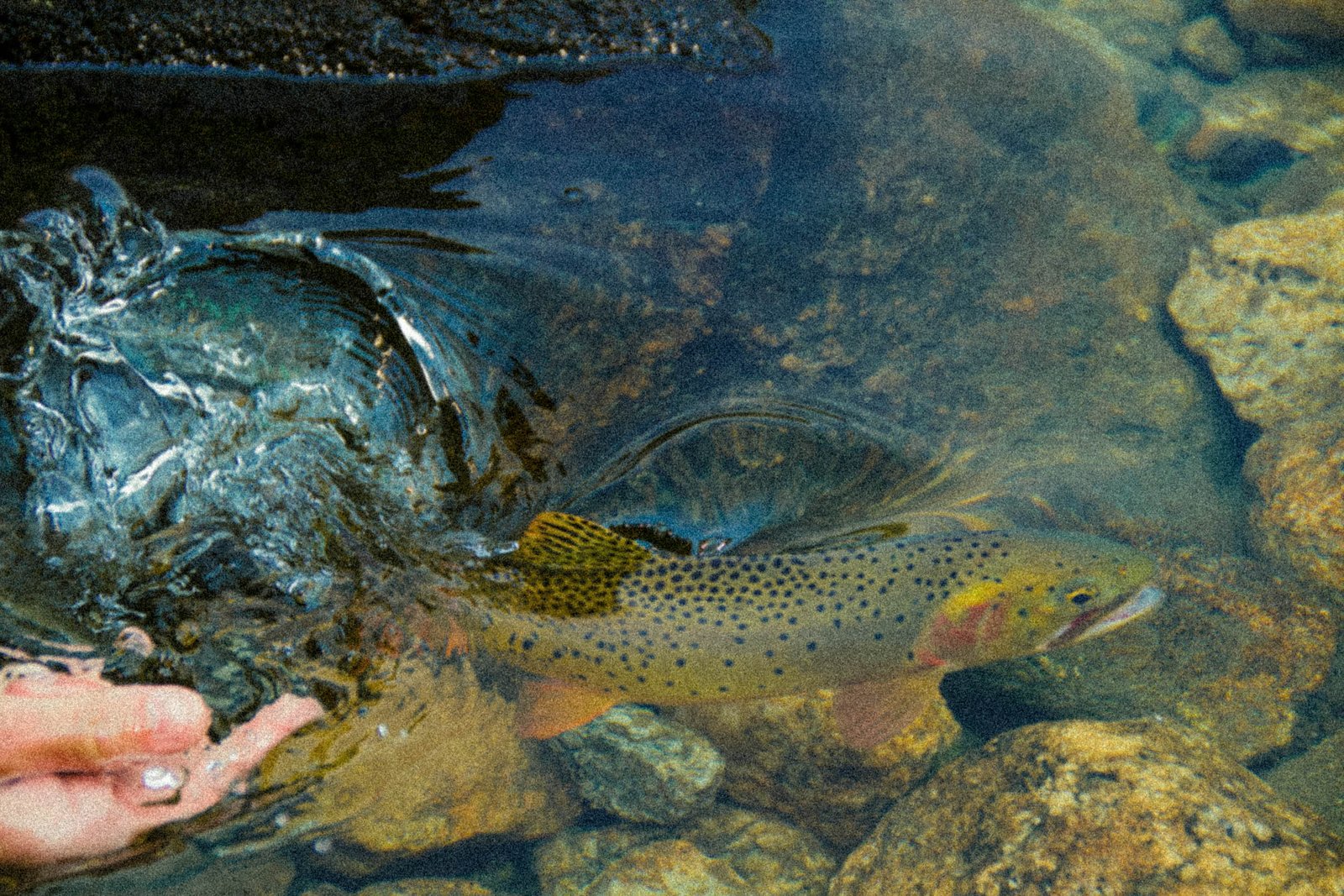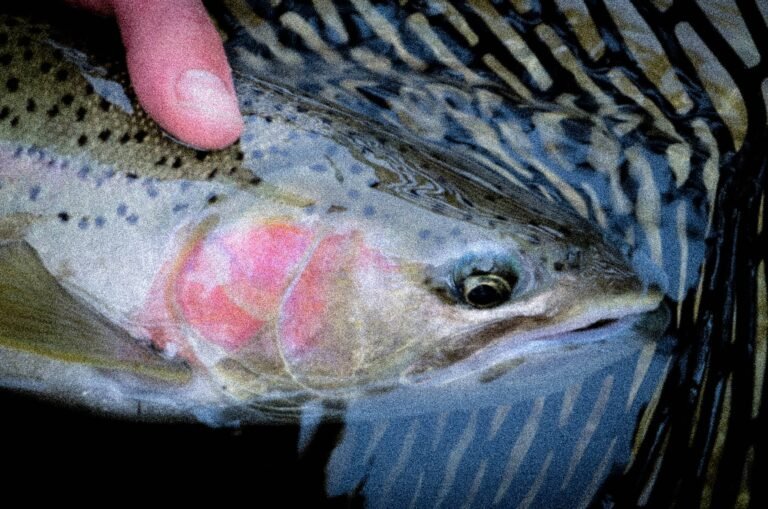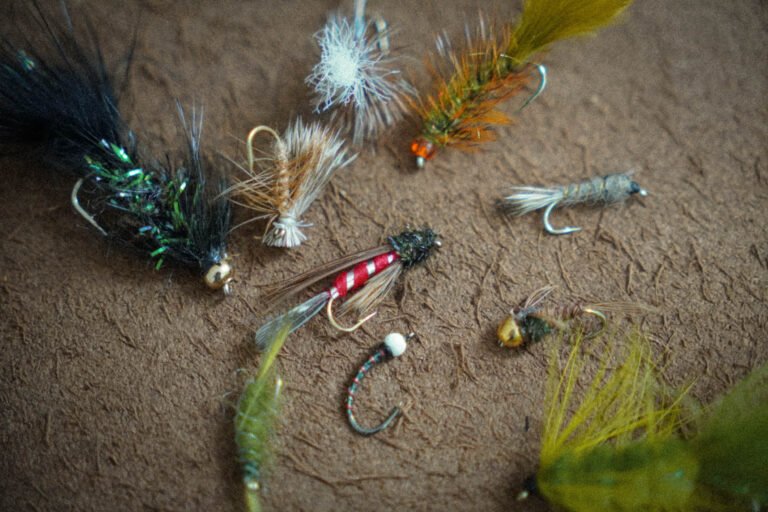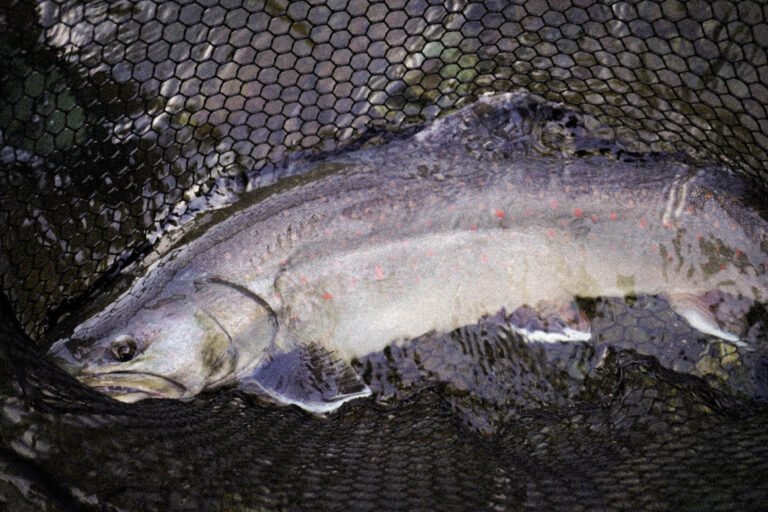“Fishing has been styled ‘a contemplative man’s recreation,’ … and science is only a more contemplative man’s recreation.” – H.D. Thoreau
Going fishing somewhere new is a lot like conducting a science experiment. First, you start with a hypothesis—a big idea. Something like: “I think if I go to this river and use this method, I can catch such and such type of fish. This comparison may seem unlikely, but is actually a pretty good metaphor for more considered adaptations of the sport. The process is such:
Usually, far too long before the trip, the research starts. You look up what techniques and gear to use. You talk to the folks at the local fishing shops and buy some flies (and some other stuff you probably don’t really need. You then scour maps for access points and trails off old logging roads. And, you try to predict how your environmental conditions—like water levels, temperature, weather, and the presence of different types of “fish food” will affect the fishing, no matter how futile it may be. Ultimately, you know that even the smallest minutiae can affect your success.
When your plan is in place, you prepare. Rods get rigged, flies get tied, hooks get sharpened, and bags get packed. When all is ready, you head out to the water and test your “hypothesis”. Here, your predictions and assumptions get challenged.
Like the old adage “no plan survives contact with the enemy” states, anglers’ plans similarly rarely ever work out perfectly. Here lies the great test of fishermen. To truly be successful, one must ever pivot their approach to accommodate nature’s many x-factors. Constantly experiment. Small details, like depth and presentation size, can make all the difference. Observe your surroundings, and talk to people. Never assume your approach is the right one. And be persistent, particularly when Salmon fishing. A school of fish may see your presentation a frustrating number of times before one bites.
If you want, take notes. Note down the time of year, water conditions (is it running high? Is the ice still on?), rough outside temperature, and water temperature, as well as weather, method fished, gear used, and any other relevant details you want to record.
This information will be invaluable years later when you want to recall what time of year and on which fly you caught that trophy trout. And trust me, memory is fallible. When I read my notes from years ago, I recall why I started taking them in the first place. If all of this is starting to sound very scientific, remember—I told you it was.
Get out there, explore, and test your ideas. Learn from where you went wrong and never think you know enough to cease learning. Just don’t take it so seriously that there isn’t room for serendipity. Great discoveries, both scientific and piscatorial, are made as the result of “happy accidents.”
This philosophy applies to all things in life.




